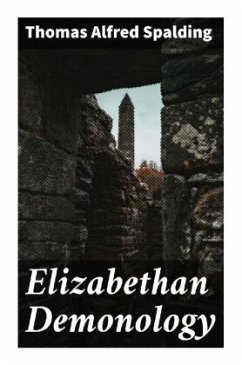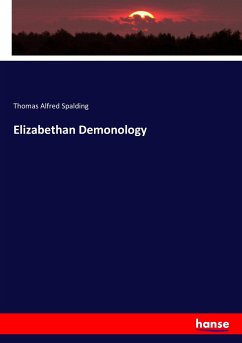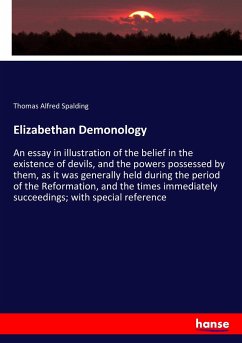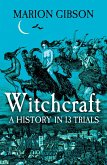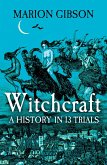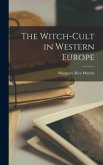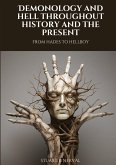In "Elizabethan Demonology," Thomas Alfred Spalding embarks on an academic exploration of the intricate interplay between belief, literature, and the socio-political fabric of Elizabethan England. Through meticulous analysis, Spalding dissects how demonological texts influenced, and were influenced by, the prevailing cultural attitudes towards witchcraft, magic, and superstition during a period marked by both enlightenment and rampant paranoia. His prose, distinctly erudite yet accessible, employs a blend of literary critique and historical context to delve into how playwrights and poets incorporated the motifs of demonic influence and moral struggle, reflecting contemporary anxieties over order and chaos in society. Spalding, known for his deep engagement with early modern literature and history, draws upon his extensive research background to illuminate the complexities of Elizabethan thought. His interest in demonology is not merely academic; he is also fascinated by how historical perceptions of evil have evolved and shaped literary canons. This expertise positions him uniquely to shed light on the often-ignored narratives surrounding witchcraft and its representation in Elizabethan arts, providing a holistic view of cultural impacts and societal fears. This book is an essential read for students of Renaissance literature, history, and theology alike. By grippingly portraying the resonance of demonological themes within Elizabethan culture, Spalding invites readers to reassess the era's rich tapestry of artistic output, offering invaluable insights that remain relevant to understanding the complexities of human belief and fear in any age.
Bitte wählen Sie Ihr Anliegen aus.
Rechnungen
Retourenschein anfordern
Bestellstatus
Storno

